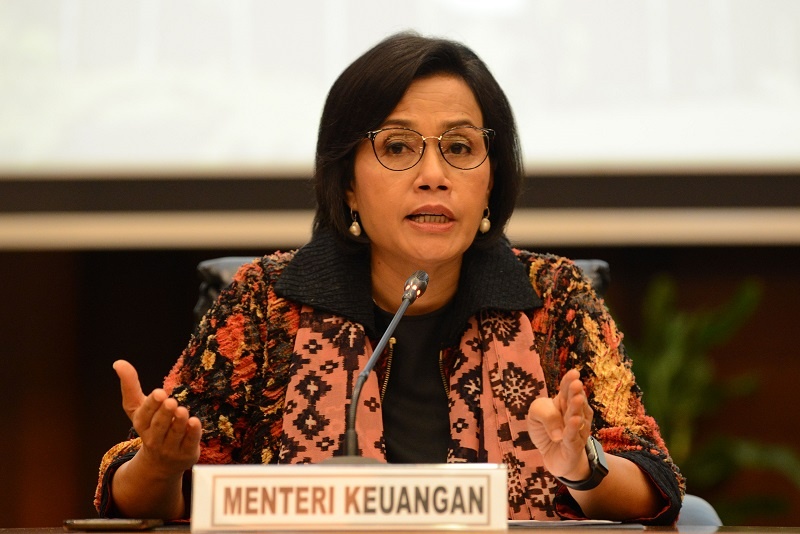Forbes has released its list of The World’s 100 Most Powerful Women in 2019, which includes Indonesia’s Minister of Finance Sri Mulyani Indrawati; the only woman from Indonesia to be included in this list.
Sri Mulyani has been ranked 76 in this list, while German chancellor Angela Merkel took the top spot followed by Christine Lagarde, the governor of the European Central Bank (ECB), in second place.
The 100 women in the list hail from various sectors of government, philanthropy, and the media. In addition, international singers and actresses were also listed: Rihanna made it to 61, Beyoncé Knowles took 66th spot, Taylor Swift came in at 71, and Reese Witherspoon took 90th place.
Forbes stated that Sri Mulyani, as finance minister, has improved Indonesia’s revenue through tax reform, including the expansion of e-filling services and supporting taxpayers’ compliance.
“Last year, Sri Mulyani received the prestigious World Government Summit Award for her efforts to apply reforms,” writes Forbes.
Sri Mulyani was born in Bandar Lampung on 26th August 1962, and is the seventh child of Prof. Satmoko and Retno Sriningsih. She attended the University of Indonesia after finishing her secondary education at SMA Negeri 3 Semarang in 198. She continued to study at the University of Illinois Urbana Champaign, USA, until she received her PhD in Economics in 1992.
Sri Mulyani began her career in the government sector by becoming the head of the National Development Planning Agency (Bappenas) in 2004, under the leadership of President Susilo Bambang Yudoyono.
After a year, Sri Mulyani was appointed as Minister of Finance and served from 2005 to 2010. She also briefly became the Minister of Economic Coordination from 2008 to 2009. Next, Sri Mulyani worked at an international institution serving as managing director of the World Bank from 2010 to 2016. While at the World Bank, she promoted gender equality.
During the reign of President Joko Widodo, Sri Mulyani returned to Indonesia by serving as Minister of Finance for two periods of 2016 to 2019 and 2019 to 2024.
Source: Kompas
Image: Detik




